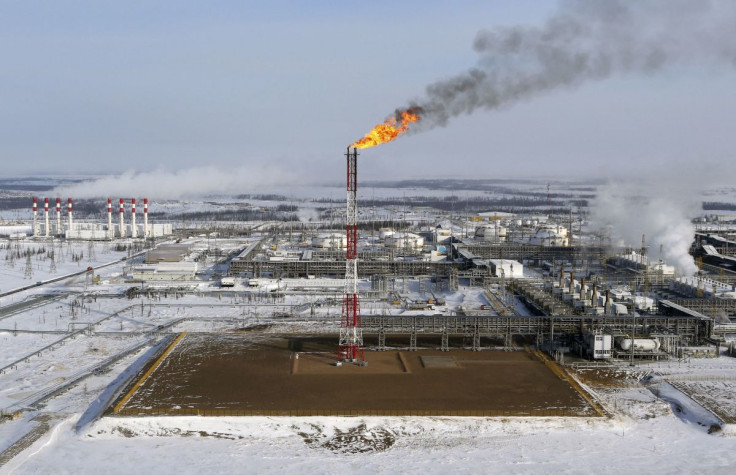Oil Prices Stable As Market Juggles Risk Sentiment With Tight Supplies

Oil prices were stable on Tuesday as the market balanced risk sentiment with supply concerns and the prospect of higher demand as China relaxes its COVID curbs.
Brent crude futures were down 44 cents, or 0.3%, at $119.07 barrel at 1209 GMT.
U.S. West Texas Intermediate (WTI) crude futures were down 35 cents, or 0.3%, at $118.15 a barrel, having risen by over $1 per barrel earlier in the session.
"Risk sentiment is responsible for the drop, with European equity markets negative," said UBS analyst Giovanni Staunovo.
U.S. State department authorisation for Eni and Repsol to start shipping Venezuelan crude to Europe from July to replace lost Russian barrels has also weighed on prices in recent days.
But analysts expect the sluggish price action to be short-lived as Beijing and commercial hub Shanghai have been returning to normal in recent days after two months of painful lockdowns to stem outbreaks of the Omicron variant.
Further bullish sentiment followed analyst doubts that last week's production policy decision by the Organization of the Petroleum Exporting Countries (OPEC) and allies, together known as OPEC+, would alleviate tight supply.
The group's decision to bring forward oil production rises to 648,000 barrels per day (bpd) in July and August are unlikely to improve the global oil balance as members struggle to achieve quota increase and as the rise is lower than the loss of Russian crude oil, analysts said. This is probably acknowledged by Saudi Arabia itself, PVM Oil's Tamas Varga said.
Top oil exporter Saudi Arabia raised the July official selling price (OSP) for its flagship Arab light crude to Asia by $2.10 from June to a $6.50 premium over Oman/Dubai quotes.
The quota increase from OPEC+ also fails to address the shortage in oil products, analysts said.
"Refining margins globally suggest that demand for petrol and diesel remain in heavy demand, with the refining logjam in refined products backstopping crude prices," Jeffrey Halley, a senior Asia Pacific market analyst at OANDA.
In Libya, production at Libya's Sharara oilfield was halted again late on Monday after briefly resuming, two engineers working there said.
Elsewhere, U.S. crude inventories likely fell last week, while gasoline and distillate stockpiles were seen up, a preliminary Reuters poll showed on Monday.
© Copyright Thomson Reuters 2024. All rights reserved.







